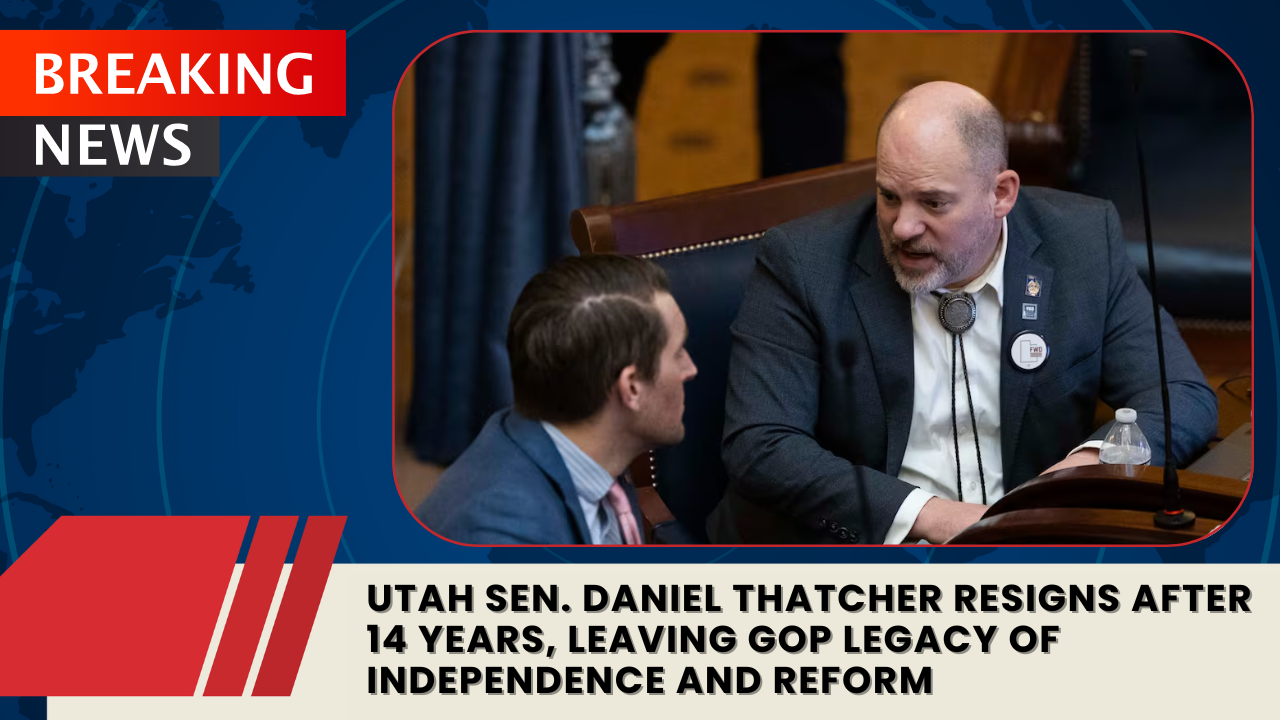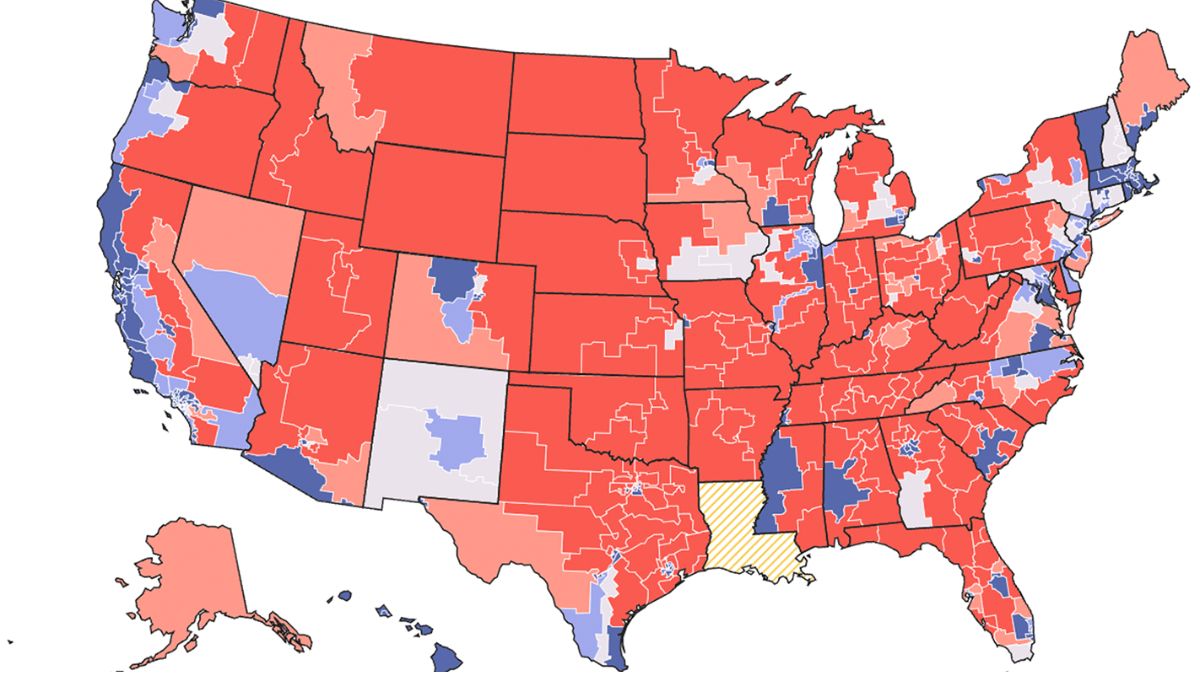Utah Sen. Daniel Thatcher, one of the state’s most outspoken and independent lawmakers, announced Tuesday that he will resign after serving more than 14 years in the Utah Senate. The West Valley City legislator, once a loyal Republican and now a member of the Utah Forward Party, said he wants to give his constituents “the best outcome” before the next legislative session begins.
A Career Built on Defiance and Integrity
Thatcher’s political career has been defined by his willingness to challenge party leadership, even when it came at a personal cost. Since his election in 2010, he’s earned a reputation as a principled conservative who frequently broke ranks with the Republican majority — and, eventually, left the party entirely.
In his resignation post, Thatcher reflected:
“I have now served more than half my adult life. I’m proud of the work I’ve done, the votes I’ve cast, and for always keeping my word, no matter the cost or difficulty.”
He cited lingering health challenges following a 2022 stroke, which impacted his ability to continue the demanding pace of legislative work.
The Forward Party’s First Big Test
Thatcher’s departure gives the Utah Forward Party — a relatively new centrist movement with just over 2,000 registered members — its first chance to select a state senator. Party chair Michelle Quist announced an online, districtwide election, allowing all residents of Senate District 11 to help choose Thatcher’s replacement.
The move is unprecedented in Utah politics, where vacancies are typically filled by a small group of party delegates. Quist criticized that system as elitist, saying,
“Parties don’t own these seats. People do.”
Standing Apart from the GOP Majority
Throughout his tenure, Thatcher often opposed high-profile bills backed by his own party:
- In 2019, he voted against a sweeping tax reform that raised the food sales tax — a measure later repealed after public backlash.
- In 2022, he opposed a bill banning transgender girls from school sports, calling it “political theater” and saying it violated constitutional and moral principles.
- In 2024, he fought a proposed constitutional amendment allowing lawmakers to overturn voter-approved ballot initiatives, arguing it would damage public trust.
His dissent frequently led to political isolation. After publicly criticizing legislative overreach, Thatcher was removed from his committee chair position, lost his Capitol office, and was reassigned to sit among Democrats.
A Lawmaker Guided by Conscience
Thatcher’s break with the GOP earlier this year was the culmination of years of frustration. Upon joining the Forward Party in March, he said the Republican-controlled legislature had stopped listening to voters and had lost sight of personal freedom and respect.
“We used to reason together,” Thatcher said at the time. “The respect is gone. The human dignity is gone.”
He continued voting according to conscience — opposing bills restricting transgender students in college housing, targeting migrant communities, and banning Pride flags on government property.
Looking Ahead
As he prepares to exit public office, Thatcher remains hopeful that his final act — ensuring a fairer, more democratic process to select his successor — will set an example for others.
“This is a better process,” he said, “one that respects all voters and restores the representation necessary for a functional republic.”



